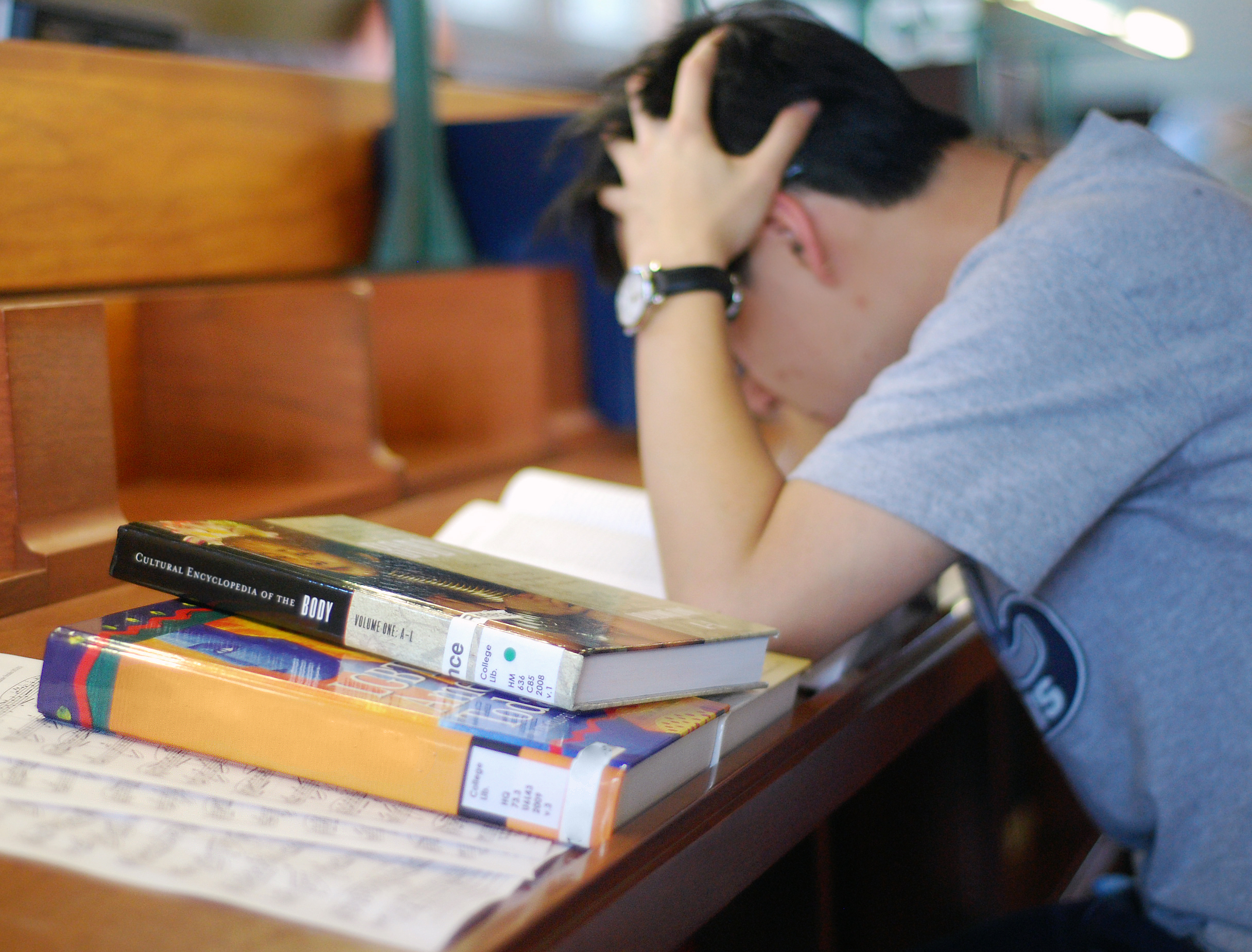There is a little quip I have heard somewhere or another about all stereotypes being steeped in truth.
By the age of 3, with my parents pushing me to get into a good preschool, I had learned a little of the plight of the Immigrant Overachiever. If I was ever to retain my claim to the name Manalastas, I would have to subject my youth to pleasing my progenitors. So it goes, I suppose.
It is with this familiarity that I read Yale Law School professor Amy Chua’s recent Wall Street Journal piece titled, “Why Chinese Mothers Are Superior,” an excerpt from a memoir, and an almost Machiavellian treatise on the virtues of parental pushiness.
Authoritarian, disciplinarian, tyrannical, overbearing, anal-retentive, slave-driving and sadistic are fitting adjectives as well. Like others, I am no stranger to this idea of self-abasement and servitude as genetic obligations.
Naturally, Chua’s proposed “Chinese” style of strict parenting has not gone without its fair share of critics. But if I may be so bold, I feel compelled to paint a different portrait of Amy Chua: that of a misunderstood mother.
Though I wouldn’t dare defend her mad methods, she has been unfairly deemed a despotic witch by a culture that is no less hostile to true individuality.
Consider one warmly received reaction, a blog post entitled “Mothers Like Amy Chua Are the Reason Asian-Americans Like Me Are in Therapy.” Amazon.com devotees have had a field day dispensing one-star reviews like nobody’s business, and the columns and comments of Chua’s own Yale Daily News are filled with bitter back-and-forths between her detractors and fans.
Firstly, there is the insinuation that the children of “Chinese mothers” (who, by the way, come in all shades and colors) grow up psychologically impaired, socially inept and creatively stunted.
One singularly banal piece published in The Stanford Daily adopts a similar sentiment, ending regretfully with a metaphor about automobiles ““ parents ought ideally to let their children “steer their own wheels and cruise the world on their own.”
The implication here is that those without such luxury emerge as automatons, incapable of individuality and doomed to an allegedly second-rate public university education.
No champion of individual freedom will feel totally at ease with this sweeping generalization; by saying that parents determine individuality, we essentially make a claim against the possibility of individuality.
We would, instead, be mere products of our parents, totally and indelibly predestined for mediocrity or mastery based on the merits of someone else.
I, conversely and perhaps romantically, would like to think more charitably of children and their potential. Anecdotal evidence seems to be the name of the game, and mine is therefore fair.
I attended a deeply religious school and grew up in a rigid household and came to reject both. I am not in want of autonomy, nor were the curators of underground samizdat literature under Soviet oppression. There is something about being pushed around that makes one exceptionally good at doing just the opposite.
Of course, I wouldn’t recommend the prospective baby to be born to burdensome parents. However romantic rebellion might be, it is not always fun. It is no coincidence, after all, that some of the greatest artists the Soviet Union produced ended up beyond the Iron Curtain.
My second point, then, agrees with the anti-Chua litany about the importance of permissiveness, but then asks the question, “Who are you to say so?”
Indeed, it is a feat of the intellect to imagine that the culture that spurns Chua’s tyranny is the same culture that banned the Happy Meal, marijuana and Four Loko. That told us that a mosque was insensitive, that burning a book was an act of violence, that a work of literary and historical significance was too vulgar for students’ eyes. Who was steering whose wheels when they banned clove cigarettes?
Amy Chua’s prohibition on her teenage daughters’ dating habits seems a small-time prudery compared with California’s decree against same-sex marriage among adults.
It is with regards to these two points that I ponder the state of the “Chinese mother.” Is she an aberration, an alien body to be scrutinized from outside? Is she a model to be embraced or a villain to be scorned? The flurry of disapproval in Amy Chua’s wake may suggest another possibility.
There is a certain sense in which people tend to unfairly blame a child’s performance, be it good or poor, strictly on the parents.
Secondly, the same culture that seems at odds with Chua’s parental modus operandi shows no real commitment to individual freedom.
These are both Chua-esque propensities. Therein lies the rub: Perhaps we are all Chinese mothers waiting to come out.
Think you’d be a better parent? E-mail Manalastas at jmanalastas@media.ucla.edu. Send general comments to opinion@media.ucla.edu.
